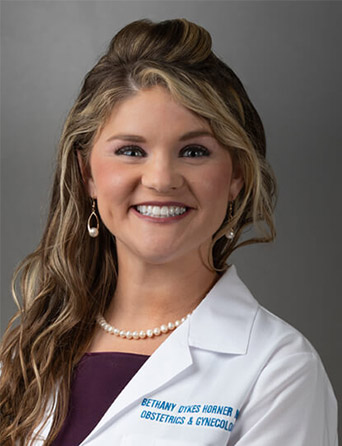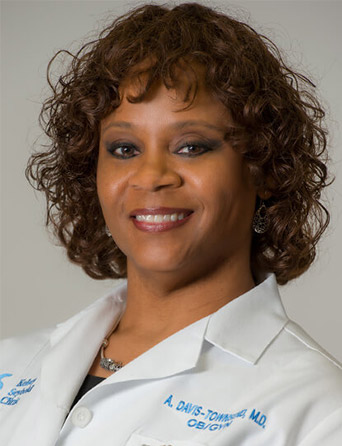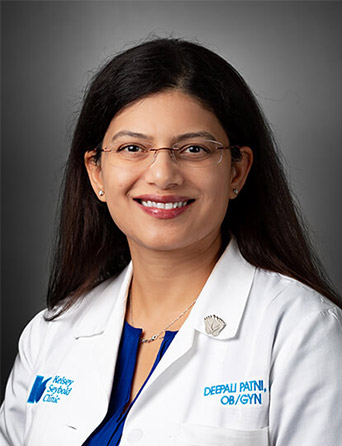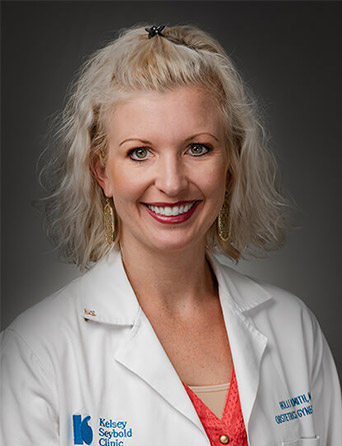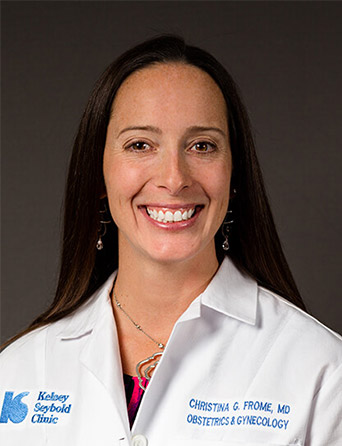Join Our eNewsletter!
Subscribe to our monthly newsletter to receive encouraging advice to help you lead a healthy lifestyle.

5 Things Every Woman Should Know
The first step to staying healthy is knowing what the top health concerns are and then taking the necessary precautions to reduce your risk. The good news is that many of the leading threats to women’s health are preventable. Kelsey-Seybold OB/GYN Jagjit Khairah, DO, FACOG, shares five things every woman should know about preventing common, but serious, health problems.
1. Get breast cancer screenings.
"First of all, don’t think of breast cancer as an ‘older woman's’ disease," Dr. Khairah says.
It can occur at any age. Early detection is the key. Women of average risk between 40 and 54 should have an annual mammogram. Women 55 and older should consult with their physician about the frequency of exams. Women who are high risk may be advised by their physician to begin having mammograms earlier than age 40.
2. Get regular Pap tests and an annual well-woman exam.
Pap tests have proven highly effective in identifying cervical cancers. It’s probably the most effective cancer screening tool in medicine for women. "Pap screening should begin at age 21. Thereafter, I recommend routine screening every two years for women between 21 and 29,” Dr. Khairah advises. “For healthy women 30 and older who’ve had three consecutive normal screening results or negative HPV tests, Pap tests may be done every three years. Women should continue having annual well-woman exams by their OB/GYN."
3. Keep your heart healthy.
Women sometimes mistakenly believe that cardiovascular disease and heart attacks occur primarily in men. Not true! Women are just as vulnerable. In fact, heart disease kills six times more women each year than breast cancer. “Women need to know their numbers. By that, I mean have your blood pressure, cholesterol, and triglycerides levels checked annually by your doctor. Again, identification and prevention are key," Dr. Khairah emphasizes.
4. Know the symptoms of diabetes.
Diabetes has hit an epidemic level. It’s a rather silent disease and can progress painlessly while attacking small blood vessels and damaging the kidneys, eyes, and nerves. Type 1 diabetes most often presents in childhood. Type 2 diabetes typically occurs at a more mature age. Symptoms of mature-onset diabetes include chronic fatigue and excessive thirst and urination. The good news is that Type 2 can be managed with medication and lifestyle changes, such as maintaining a normal weight, eating a healthy diet, and exercising regularly.
If you’re pregnant or planning to become pregnant, be sure your doctor checks you for diabetes, as it can lead to problems while carrying your baby.
5. You’re never too young to start preventing osteoporosis.
Osteoporosis is the gradual thinning of bone tissue and loss of bone density over time. Once your total bone mass has peaked, usually around age 35, you’ll start to lose some of it. However, women are more likely to develop osteoporosis than men.
This is due to several factors. Women have less bone mass than men, tend to live longer, and take in less calcium. In women, the rate of bone loss speeds up after menopause when estrogen levels fall. Since the ovaries make estrogen, faster bone loss may also occur if both ovaries are removed by surgery. Your doctor may want to order a DEXA scan to check your bone density and calculate your fracture risk.
If necessary, medication and vitamin supplements can help. You can also do your part by making healthy lifestyle choices, such as regular exercise, healthy dieting, and maintaining a weight that’s normal for your height.
"I know it can be really frustrating knowing that something isn't right with your health, but not knowing exactly what your symptoms mean could be even worse. You should visit an OB/GYN or primary care doctor to address concerns about your health or any unexpected changes to your body’s natural rhythm," Dr. Khairah says.



